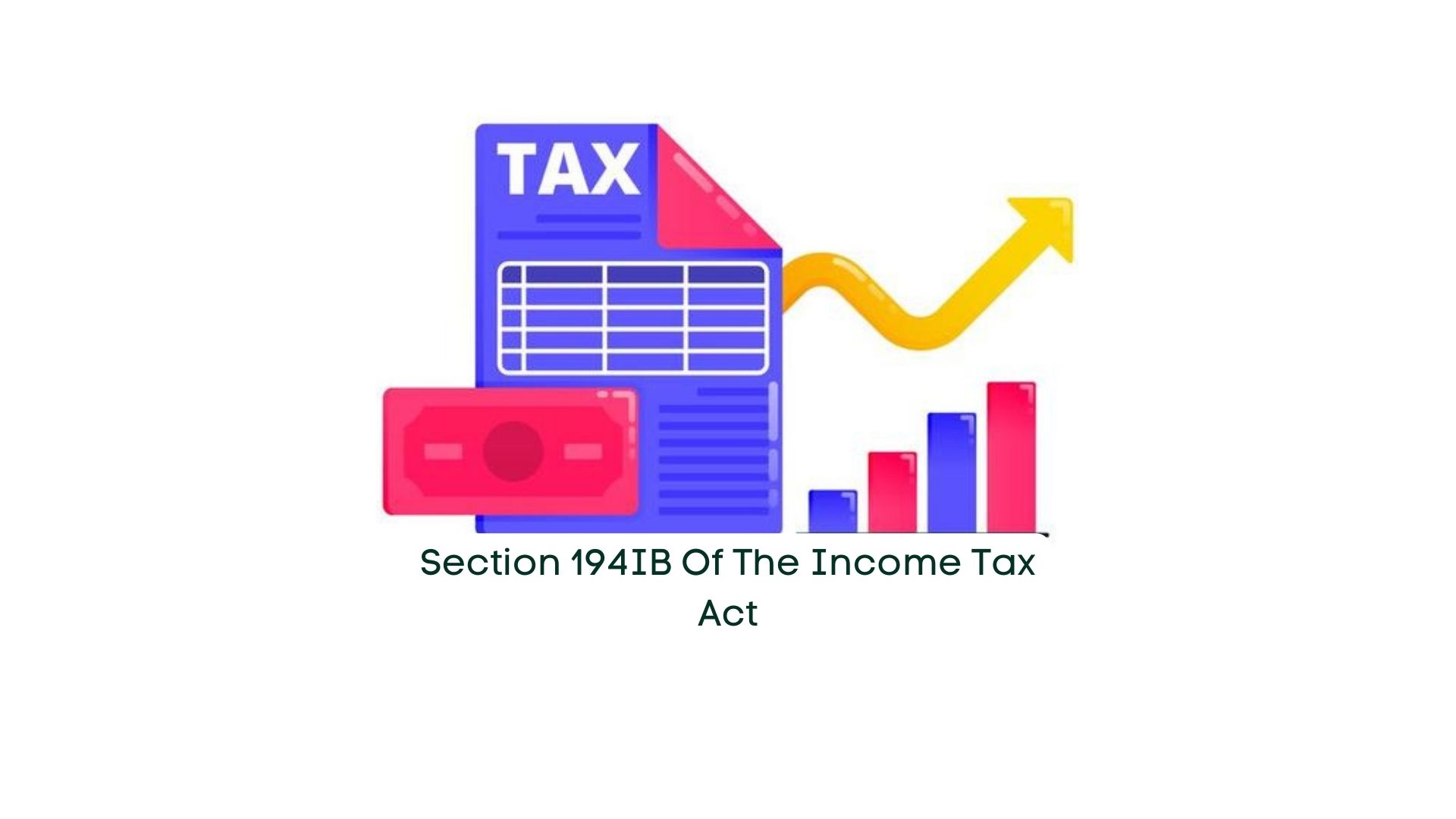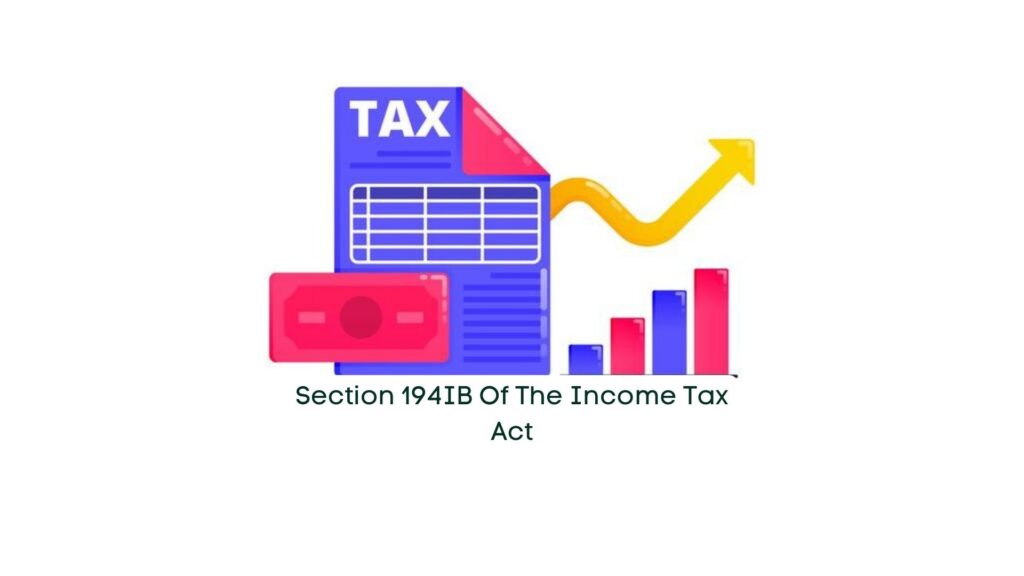
29 Feb Section 194IB of the Income Tax Act

In the realm of Indian taxation, Section 194IB of the Income Tax Act holds significance, particularly in the domain of tax deductions concerning rental payments. Initially enacted to encompass joint development agreements within its scope, this section brings forth obligations regarding Tax Deducted at Source (TDS).
Meaning and Scope of Section 194IB:
Section 194IB mandates the deduction of taxes on rent payments exceeding Rs. 50,000 per month to a resident payee. This provision broadly defines rent to include payments made under various arrangements concerning assets such as equipment, machinery, land, and buildings.
Obligations and Timeframe for TDS Deduction:
Entities responsible for making rent payments, such as individuals or Hindu Undivided Families (HUFs), must ensure TDS deduction at the earlier of two events: either when the rent is credited or when payment is made. The timeframe for depositing TDS is stringent, requiring compliance either on the same day as payment or within seven days from the end of the month.
Tax Rates and Penalties:
The applicable TDS rate under Section 194IB is 5% when the rent exceeds Rs. 50,000, provided the landlord’s PAN is available. In the absence of PAN, a higher rate of 20% applies. Failure to adhere to TDS obligations attracts interest and penalties, including monthly interest charges and penalties for late filing of TDS returns.
Comparison with Section 194I:
Distinguishing between Section 194I and 194IB is crucial. While both pertain to TDS on rent, they differ in applicability, rates, monetary limits, and procedural requirements. Notably, Section 194IB specifically targets resident individuals and HUFs not subject to tax audits under Section 44AB, with a lower monetary limit and distinct procedural norms.
Understanding these provisions is vital for taxpayers to ensure compliance with TDS obligations and avoid penalties.


No Comments